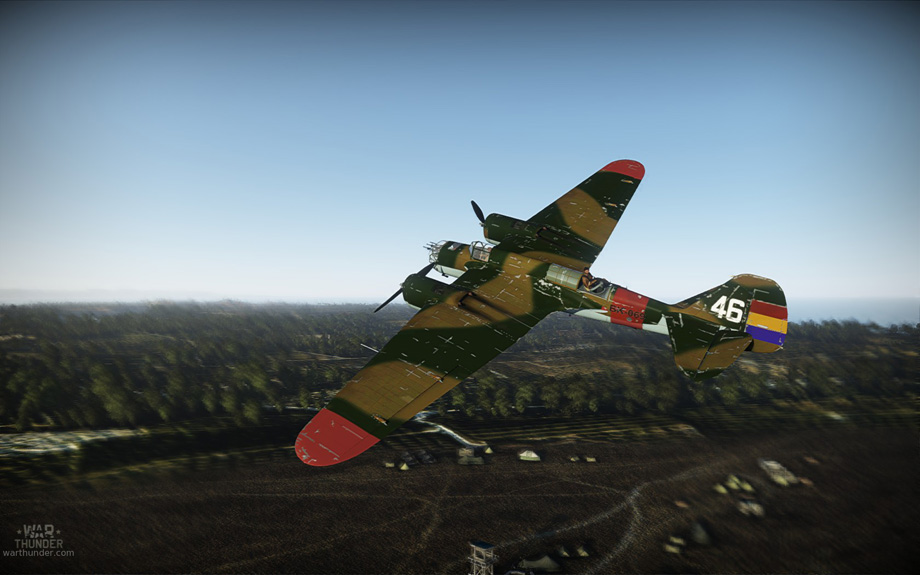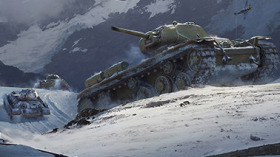
- For PC
- For MAC
- For Linux
- OS: Windows 10 (64 bit)
- Processor: Dual-Core 2.2 GHz
- Memory: 4GB
- Video Card: DirectX 11 level video card: AMD Radeon 77XX / NVIDIA GeForce GTX 660. The minimum supported resolution for the game is 720p.
- Network: Broadband Internet connection
- Hard Drive: 23.1 GB (Minimal client)
- OS: Windows 10/11 (64 bit)
- Processor: Intel Core i5 or Ryzen 5 3600 and better
- Memory: 16 GB and more
- Video Card: DirectX 11 level video card or higher and drivers: Nvidia GeForce 1060 and higher, Radeon RX 570 and higher
- Network: Broadband Internet connection
- Hard Drive: 75.9 GB (Full client)
- OS: Mac OS Big Sur 11.0 or newer
- Processor: Core i5, minimum 2.2GHz (Intel Xeon is not supported)
- Memory: 6 GB
- Video Card: Intel Iris Pro 5200 (Mac), or analog from AMD/Nvidia for Mac. Minimum supported resolution for the game is 720p with Metal support.
- Network: Broadband Internet connection
- Hard Drive: 22.1 GB (Minimal client)
- OS: Mac OS Big Sur 11.0 or newer
- Processor: Core i7 (Intel Xeon is not supported)
- Memory: 8 GB
- Video Card: Radeon Vega II or higher with Metal support.
- Network: Broadband Internet connection
- Hard Drive: 62.2 GB (Full client)
- OS: Most modern 64bit Linux distributions
- Processor: Dual-Core 2.4 GHz
- Memory: 4 GB
- Video Card: NVIDIA 660 with latest proprietary drivers (not older than 6 months) / similar AMD with latest proprietary drivers (not older than 6 months; the minimum supported resolution for the game is 720p) with Vulkan support.
- Network: Broadband Internet connection
- Hard Drive: 22.1 GB (Minimal client)
- OS: Ubuntu 20.04 64bit
- Processor: Intel Core i7
- Memory: 16 GB
- Video Card: NVIDIA 1060 with latest proprietary drivers (not older than 6 months) / similar AMD (Radeon RX 570) with latest proprietary drivers (not older than 6 months) with Vulkan support.
- Network: Broadband Internet connection
- Hard Drive: 62.2 GB (Full client)
From 13.00 GMT on October 15th to 13.00 GMT on October 16th
+30% RP on SB 2M-100, SB 2M-103, SB 2M-103 MB3, SB 2M-105
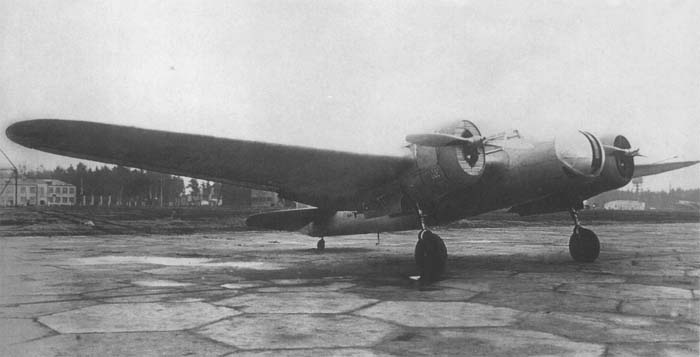 |
In the years following the formation of the USSR the aviation sector in the 1920’s and early 1930’s saw considerable upheaval followed by the rise of several brilliant aeronautic designers. The establishment of several design bureau's led to the creation of many advanced types of aircraft, one of these designers was Andrey Tupolev, and his design bureau in the TsAGI which led the way with innovative designs and technological breakthroughs as evidenced with the ANT-25.
As the previous generation of medium and long range bombers had begun to become outdated, several departments within the VVS also known as the Red Army Airforce and the Experimental Aerodynamic Design Bureau began discussions about aircraft designs for the future. The needs of VVS indicated the prevalent theory of the day in military thinking as the Italian General Giulio Douhet had written in “The Command of the Air” this theory exemplified that a bomber of sufficient speed and altitude would always be able to deliver its payload and strike its target no matter the opposition, a theory Stanley Baldwin simplified as “The bomber will always get through”.
So it was that the VVS set out a proposal for a new fast bomber design capable of at least 300 kph, of reaching and maintaining an altitude of 8,000 meters, and with a minimum range of 700 kilometers carrying a payload not less than 500 kilograms. TsAGI under the chief engineer Aleksandr Arkhangelsky having already been working on this project was quickly able to set about designing this new skorostnoi bombardirovshik (SB) or “Fast Bomber” which would receive the design designation ANT-40.
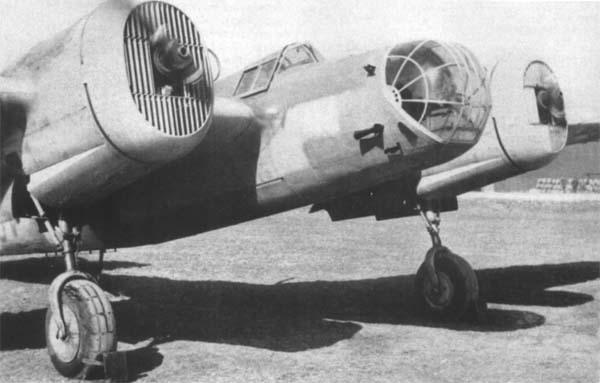 |
The design featured most strikingly a fully metal construction fuselage, wings, and stabilizers all being stressed skin metal; this mid wing monoplane design was aerodynamically clean with semi-retractable landing gear, enclosed cockpits and crew positions and internal bomb stowage but still one of the smallest twin engine bombers used in the war. Initially it was decided the first ANT-40 prototype was to be powered by a 730 hp American built Wright Cyclone radial engine a second prototype would be powered by French built Hispano-Suiza 12Y engines with 780hp available.
On the 7th of October 1934 the First prototype ANT-40 powered by the Wright Cyclone engines made its first flight, carrying out nine test flights before the aircraft crashed on landing and was returned to TsAGI for repair. three months later a slightly modified ANT-40 took to the air again to complete it’s trials. The plane achieved a maximum speed of 323 Kph at 4,000m, and a service ceiling of 6,797m.
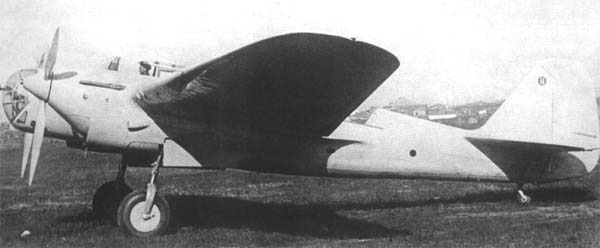 |
The second prototype powered by two 780-hp Hispano-Suiza engines was slightly different to the initial prototype. Owing to the greater weight of the engines the wingspan was increased but little else was changed. On December 30th 1934 the aircraft made its maiden flight, attaining a maximum speed of 429 Kph at 4000m, this was greatly in excess of the initial specifications as was the service ceiling which increased to 9,388m, however minor technical issues still affected reliability of the machine.
The ANT-40 would go on to see production in 1936 becoming known as the SB-2, a simple nomenclature describing it as a “Fast Bomber with 2 engines”, the aircraft would continue to see many different designs, features and power plants over the coming years. Many of these improved types would see service in the Spanish Civil War and see use in many other countries. However when Germany invaded the Soviet Union in 1941 it was hopelessly outclassed by newer aircraft on both sides of the conflict. Nothing however could take away from the aircrafts pioneering design and service to the Soviet Union, the SB-2 and the men and women that flew it truly earned their place in history .
Aaron “Anglomanii” Lentz
